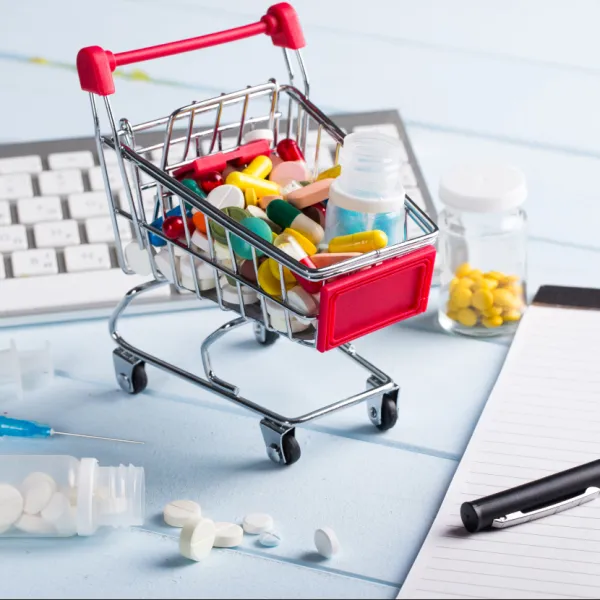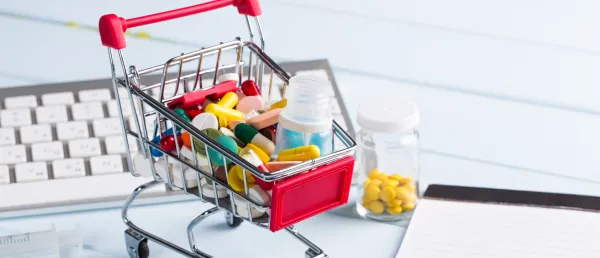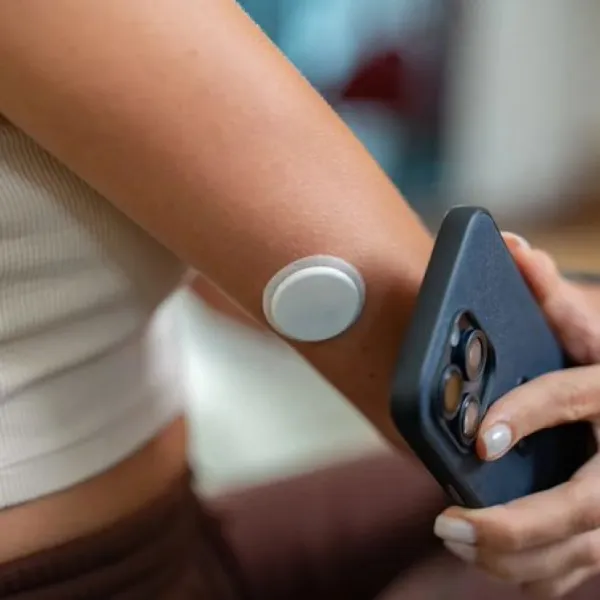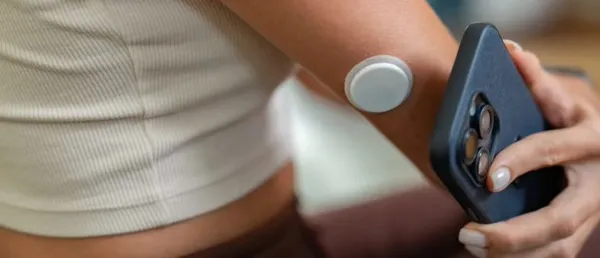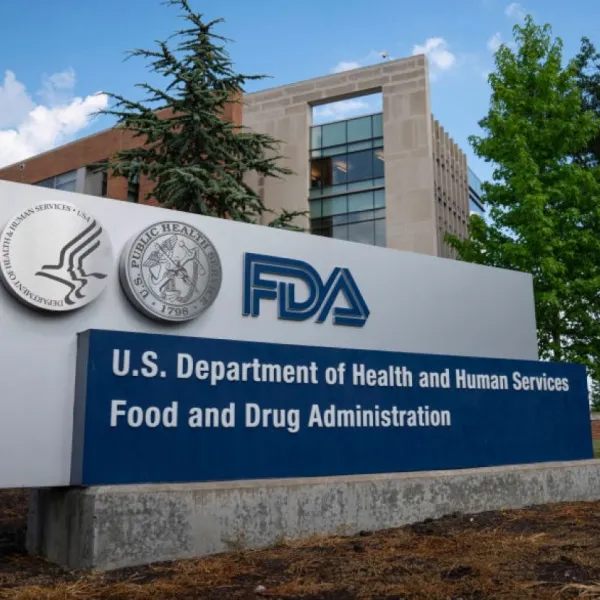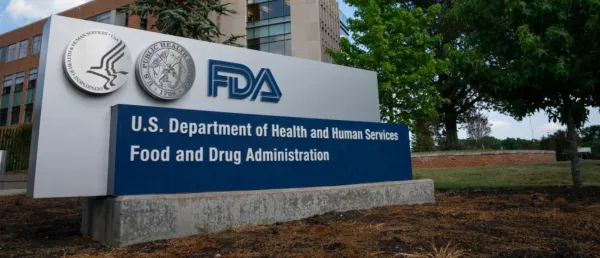Mandaviya Unveils 40 Manufacturing Facilities under PLI to Reduce Drug & Device Import Reliance

These facilities include 27 new bulk drug manufacturing plants and 13 medical device manufacturing units, inaugurated under the Production Linked Incentive (PLI) Scheme.
Union Minister for Chemicals and Fertilizers Mansukh Mandaviya has inaugurated 40 new facilities nationwide in a move to reduce dependence on imports for critical medical supplies.
These facilities include 27 new bulk drug manufacturing plants and 13 medical device manufacturing units, inaugurated under the Production Linked Incentive (PLI) Scheme.
Addressing the inauguration ceremony, Minister Mandaviya highlighted the importance of self-reliance in the pharmaceutical sector, particularly in light of challenges faced during the COVID-19 pandemic. He emphasized reducing import dependence on critical resources such as bulk drugs and medical devices.
PLI Scheme Boosting Domestic Manufacturing
The inauguration event unveiled various bulk drug plants, including those producing para amino phenol, carbamazepine, levodopa, and vitamin B6. Similarly, medical device manufacturing plants were inaugurated for products such as linear accelerators, MRI coils, CT scanners, and oxygen concentrators, highlighting the diverse range of locally produced medical equipment.
Under the PLI scheme, 26 applicants have been approved for manufacturing medical devices, covering 138 products. The inauguration of 27 bulk drug facilities and 13 medical device manufacturing plants marks a significant milestone in India's journey towards self-reliance in the pharmaceutical sector.
The PLI scheme, resulting from extensive discussions on India’s dependence on crucial resources and supply chain vulnerabilities, aims to promote domestic manufacturing of bulk drugs and medical devices.
Commending the success of the PLI scheme, Mandaviya noted that India has not only reduced its dependence on these products but has also emerged as a major exporter.
He further cited the example of Penicillin G, highlighting the government's efforts to bring back its production to India after a three-decade hiatus. The scheme, with a total outlay of INR 6,940 Cr for bulk drugs and INR 3,420 Cr for medical devices, aims to boost local production and reduce import dependence.
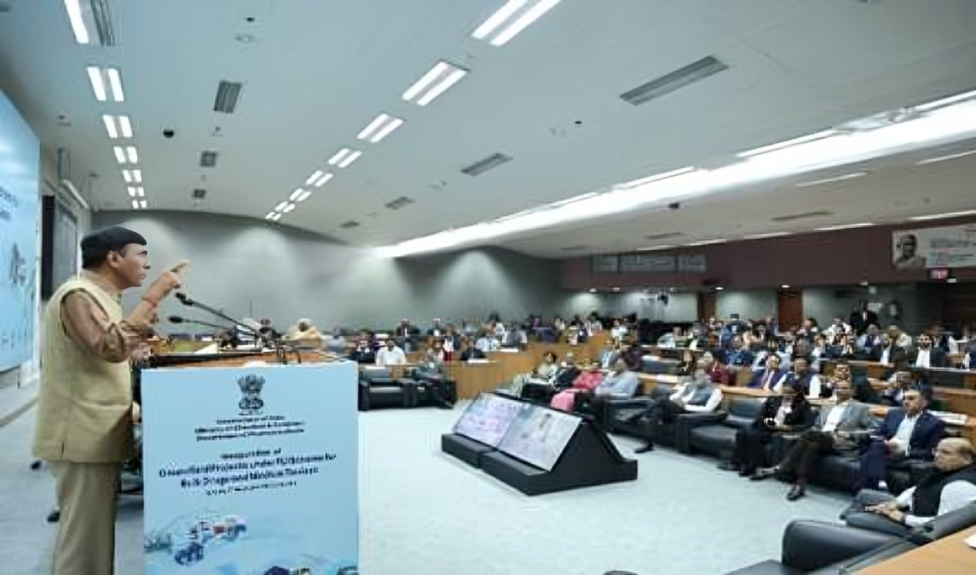
Efforts Towards Self-Reliance
Speaking at the event, officials highlighted the government's efforts to enhance self-reliance, innovation, and infrastructure in the pharmaceutical sector.
Further, the PLI scheme incentivizes domestic production of crucial APIs and encourages investment in R&D activities to develop innovative products and technologies.
Dr Arunish Chawla, secretary, Department of Pharmaceuticals, emphasized the scheme's role in revitalizing India's bulk drug industry and ensuring a steady supply of vital medications. The scheme reduces import dependence and positions India as a prominent supplier of raw materials for pharmaceuticals.
Recommendations for Supporting Domestic Manufacturing
In recent developments, the Parliamentary Panel has recommended the Department of Pharmaceuticals (DoP) to include medium and high-end medical devices essential for critical care into the National List of Essential Medicines (NLEM).
This recommendation was made in collaboration with the Ministry of Health and Family Welfare (MoHFW), focusing on public interest.
The Department-related Parliamentary Standing Committee on Chemicals and Fertilizers, in its 50th report, focused on promoting medical devices. The report explored the National Pharmaceutical Pricing Authority's (NPPA) plans. These plans aim to expand price regulations to cover other medical devices widely used in government hospitals.
Currently, only four medical devices, namely cardiac stents, drug-eluting stents, condoms, and intrauterine devices, have been included in the NLEM by the MoHFW. Consequently, these devices fall under Schedule-I of the Drugs (Prices Control) Order, 2013, with ceiling prices notified by the NPPA.
Furthermore, Parliament’s Department-related Standing Committee on Chemicals and Fertilizers recently proposed measures to support domestic manufacturing of medical devices. Recommendations include reducing GST rates, providing short-term custom-duty concessions on imported components, and extending the Phased Manufacturing Programme (PMP) to cover a broader range of medical devices.
Stay tuned for more such updates on Digital Health News





